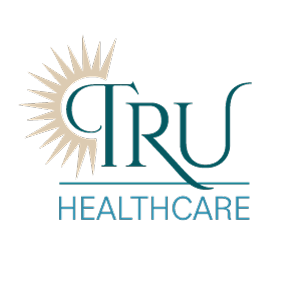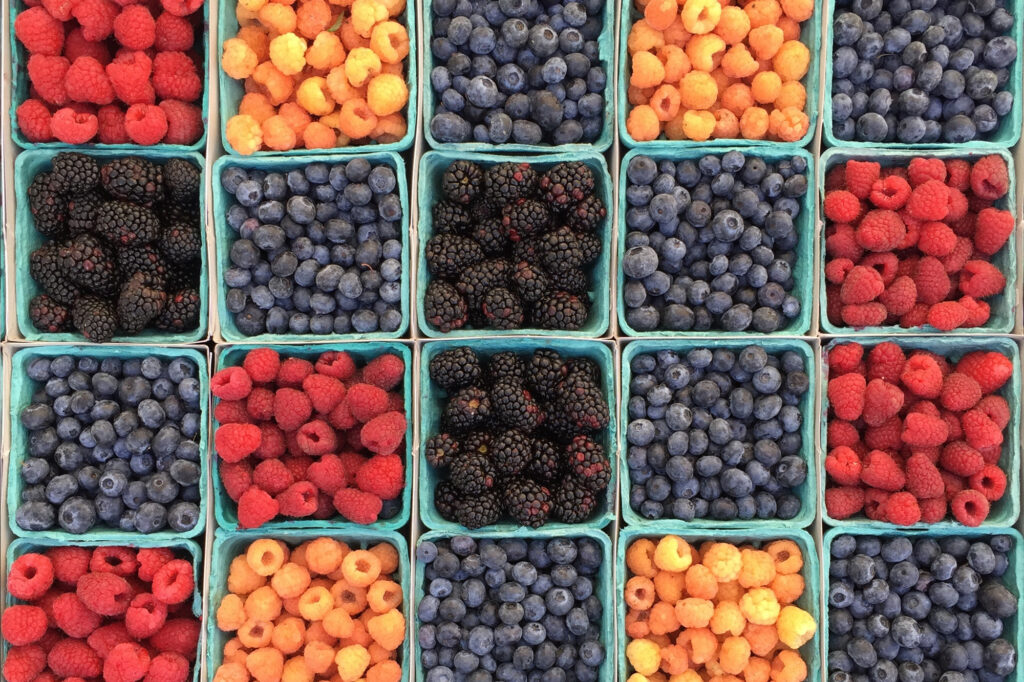According to the Centers for Disease Control and Prevention (CDC), diabetes is a condition in which the body does not properly process food to use as energy. When we eat, the food is turned into glucose (sugar) for our bodies to gain energy. The pancreas makes insulin which works with the glucose to enter the cells of our body where it can be used to make energy. When a person has diabetes, the body either does not make enough insulin needed or the insulin is not working as it should, which in turn causes sugar to build up in the blood. There are two main types of diabetes:
- Type 1 diabetes: With this type, the body makes little or no insulin. This type typically occurs in children and young adults.
- Type 2 diabetes: In this more common type, the body makes insulin but does not use it properly. Type 2 diabetes most often occurs in adults, but can affect children.
The risk of developing type 2 diabetes is much higher if there is a family history, or the person is overweight or inactive. Native Americans, in particular, are nearly twice as likely as whites to become obese and more than twice as likely to develop type 2 diabetes.
We at HealthStar Home Health see firsthand how diabetes affects our patients and their families, especially when working with the Native American population in Minnesota and New Mexico. According to a report by the Shakopee Mdwakanton Sioux Community, the rate of obesity and diabetes among children is on the rise and will soon reach 50%. Karen Moses, RN Case Manager in our greater Minnesota branch location says that 90% of her clients have diabetes and 99% of them are Native American. Alarming statistics like this show the epidemic will continue to grow amongst Native Americans in Minnesota. Here are some risk factors to look for:
- Obesity: Gaining as little as 10 pounds over 15 years can double your insulin resistance and increase your risk of diabetes.
- Poor Nutrition: Over the generations, wild rice and grains have given way to flour, processed cheese & pasta and low fat meats such as fish, deer and rabbit was replaced by beef and pork
- Sedentary Lifestyle: Long ago, Native Americans lived off the land which kept them active with fishing, trapping, gathering and harvesting, but that is not the lifestyle today.
- Genetics: Some genetic markers and certain body types can indicate a genetic predisposition to diabetes.
- Alcoholism: The rate of alcoholism among Native Americans is six times the U.S. average.
Understanding the risk factors involved is important as well as working to prevent diabetes with available treatment options such as medication, healthy nutrition programs and a regular exercise routine.
HealthStar Home Health’s culturally-relevant programs offer services that address the unique needs of the Native American population. First Nations Home Health is Minnesota’s premier provider of home health services for Native American communities in the Minneapolis-St. Paul metro area as well as Duluth and Bemidji. By offering home health care services on the Red Lake, White Earth, Leech Lake, Bois Fort, Fond du Lac and Mille Lacs Reservations, our HealthStar Home Health nurses see the effects of diabetes each day and work to empower patients and their families to be active participants in their care.
Circle of Life Home Care is a home health care initiative offering personal health care services in the ten-county area of northwestern New Mexico and in Arizona. Through both of these programs, HealthStar Home Health is committed to providing culturally sensitive care to the Native American population both on and off the Reservations.
With services such as life and health management, mental health, home health and home help, we at HealthStar Home Health help make families and communities strong by enabling individuals of all ages to live longer, more independent and fulfilling lives. Call us today at 888-689-3391 for more information or to schedule a no-charge consultation.

